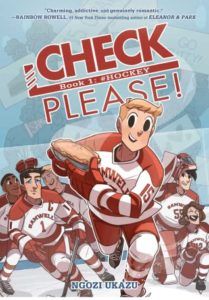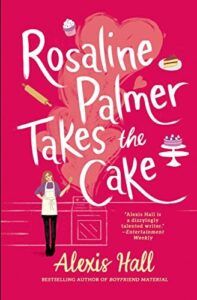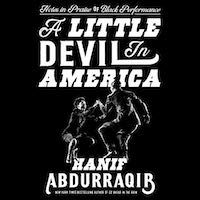
The Guilt of Rereading and a Hopeful Solution
My brain wants all the new stories, not because they are new, but because it is trying to outrun some imaginary time where I am going to run out of time to read all these books I’ve yet to get to.
Yes, we all die and technically run out of reading time, so it isn’t that imaginary, but I’m really not thinking about that. I’m just staring at my list of unread books, and they are demanding.
They’re loud. Immediate. Needy.
The books I’ve already read are quiet. Cozy. Snoozing. Even the ones that have burrowed under my skin, that I carry around with me, they tell me I’ve already charted them.
The unread books shout, “There is all this new to explore!” That’s why from around my teenage years to now I have not been a rereader. I want to be, but my brain is very much not on board.
With all the difficult things that have happened since 2016 and the current pandemic, my brain continued to want the new, but it started to hit roadblocks. Sometimes the new was about plagues. Or about abortion being illegal. Sometimes a new book punched me in the throat and left me gasping for air. It’s how I found myself one day grabbing Check, Please! by Ngozi Ukazu and rereading both volumes. I wasn’t in a rush this time to get to the HEA. I knew it was there. So, I got to linger on sweet scenes and really focus on the illustrations and catch little details I’d missed the first time.
It was comforting. It was exactly what I needed. It was why I’d always wanted to be a rereader and why as a concept I’d always understood rereading. Naturally I thought, “Finally, I can be a rereader!” and eyed my copy of The Princess Bride, just as my brain laughed and laughed and laughed and started listing all the titles I’d yet to read. Just like that, I was stuck right back at square one.
That is, until a conversation with a friend asking me for romance recommendations changed everything. In my excitement of selling Alexis Hall’s Rosaline Palmer Takes the Cake for how funny it was, I said, “I wish I could read it again for the first time.” As my friend debated on which format to grab, I realized I’d read a digital galley for the book even though I’d wished I’d read the audiobook. That’s when the book gods smiled down on me: my brain shouted nothing about new books while I wanted to reread Rosaline Palmer Takes the Cake, so long as I was doing it in audiobook. It counted it as new enough because of the different format.
Rereading unlocked!
It’s important to have different formats available for books for accessibility, and as always, when accessibility is available, everyone benefits. Reading in different formats can really change the experience of a read. In the case of an audiobook, the production choice of a narrator (or a full cast) already adds a new element to the story and how it’s read. It also feels different to have a story told to you out loud. Audiobooks can create a feeling of not reading alone, which for comfort reading purposes may be a bonus.
Now, as I look at books I’d love to reread in audiobook format for the holidays, I’m also thinking about how each reread will open the door for discovering things I’d missed the first time. Looking at the same information years older, maybe I’ll reread a scene and view it differently. Maybe I missed a theme, or will now like what I disliked previously and vice versa. Old terrain doesn’t necessarily mean nothing will be new; I am forever changing as I experience life, and I will be enough of the new.
I’ve also realized that while this helps with my issue of wanting to be a rereader for comfort, changing format to allow for rereading opens a new world for me when it comes to nonfiction rereading. It’s a format that I always choose the audiobook format for, especially when the author is the narrator and I get to hear it read the way they wrote it, but it comes with the one downside of not allowing me to highlight things I’d like to come back to. Now I can pick up the print copy after the audiobook for nonfiction titles I loved.
I’ve learned that rereading by switching book format allows me to not only be able to comfort reread, but also bust out my collection of colored pens, highlighters, and sticky notes.
Do you too struggle with letting yourself reread books? You might also want to check out How to Do Nothing: The Case for Rereading Books and The Joys of Rereading Books on Audio.








